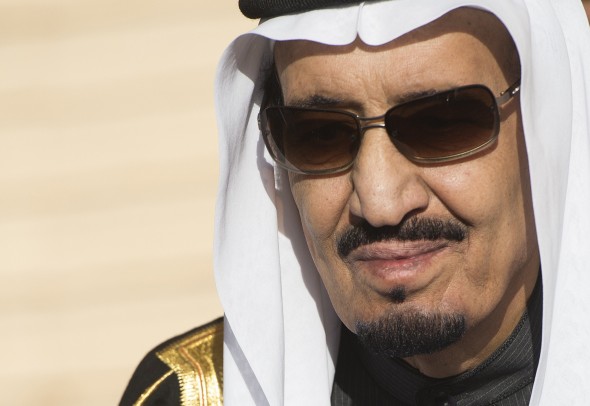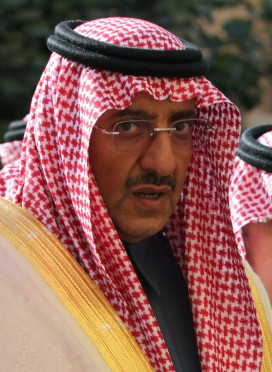Roula Khalaf
Apr 29 15:41
.
Over the past few weeks I’ve asked several western officials whether Saudi Arabia’s bombing campaign in Yemen signalled a fundamental change in Riyadh’s behaviour. Should we expect a far more aggressive kingdom under recently installed King Salman, or is Yemen a one-off war to blow off steam? Are we facing a new Saudi Arabia?
The answer has been consistent: we don’t know yet.
Early this morning, at the curious hour of 4 am Riyadh time, King Salman went some way towards providing an answer. In a bombshell announcement, he sacked crown prince Muqrin, who had been close to the late King Abdullah, and elevated Muqrin’s deputy, the security-minded interior minister Mohammed bin Nayef, to crown prince. More importantly – and controversially – he appointed his favourite son, the young Mohammed bin Salman, as next in line for the throne after bin Nayef.
His message: this is a new era in Saudi Arabia.
Other momentous government changes were announced too, including the retirement of Saud al-Feisal, the veteran foreign minister and face of Saudi Arabia abroad. He was replaced with a non-royal, Adel al-Jubeir, the Saudi ambassador to Washington, ending with a stroke the Feisal branch of the family’s decades-long control of the Kingdom’s foreign policy. Also noteworthy was the appointment of Adel Faqih, the able labour minister, to head the economy and planning ministry.
So what should we make of these changes?
Let’s start with the plus side:
- First, the main concern about Saudi Arabia – that it will be ruled for decades by ailing kings – has now been put to rest, with a decisive move to the second generation in the al-Saud family. The line of succession to the sons of the late Ibn Saud, the founder of the kingdom, will be over with King Salman. Younger princes, with more energy and more time to rule (and hopefully reform), will take over after him.
- Second, the choice of Mohammed bin Nayef, will be greeted with relief abroad, and probably also at home, where his abilities in government, though mostly on the security side, are proven. He’s been a favourite of American and British officials, who lavish praise on his campaign against al-Qaeda militants. At home too, MBN, as he is referred to by foreigners, is well-regarded. One well-connected Saudi tells me that whether MBN is speaking to liberals or conservatives, he can make them feel that he’s one of them.
But the shifts also raise questions. So here’s the potential minus side:
- First, the line of succession has now in effect been changed from father to son, rather than brother to brother, with a clear signal from the king that he intends for Mohammed bin Salman to reign.
- While such a shift may be healthy for the future of Saudi Arabia, it’s not likely to go down well among the younger members of the family. True, the sidelining of Muqrin is a minor risk for the king – the ex-crown prince doesn’t have his own power centre within the family. But other princes from important branches of the family could take issue. Al-Saud politics are notoriously opaque but analysts and officials abroad will be watching for any hint of dissent.
- Second, the 30-year-old Mohammed bin Salman, now defence minister among other portfolios, is untested and though he has time to prove himself, his appointment seems to be an attempt to capitalise on Saudi Arabia’s Yemen campaign, which he has led as defence minister. Outside the kingdom, few believe the war in Yemen has gone well for Saudi Arabia since few of its stated aims have been achieved. But that’s not the view inside the country, where the mere fact of standing up to Iran is widely applauded. As one Saudi analyst says, he hasn’t met a single Saudi opposed to the war. “Saudi public opinion felt humiliated by Iran,” he says, “and the bombing campaign has stopped Iranian expansionism.”
- Third, with power now concentrated in the hands of security men – MBN and Prince Mohammed bin Salman – and Saud al-Feisal, the powerful foreign minister, now retired, there are concerns that assertiveness will take the form of more confrontation at a time of growing tensions with Iran. Given the chaotic state of the Middle East, western governments are keen to see more diplomacy than muscle-flexing from Riyadh.


0 comments:
Publicar un comentario